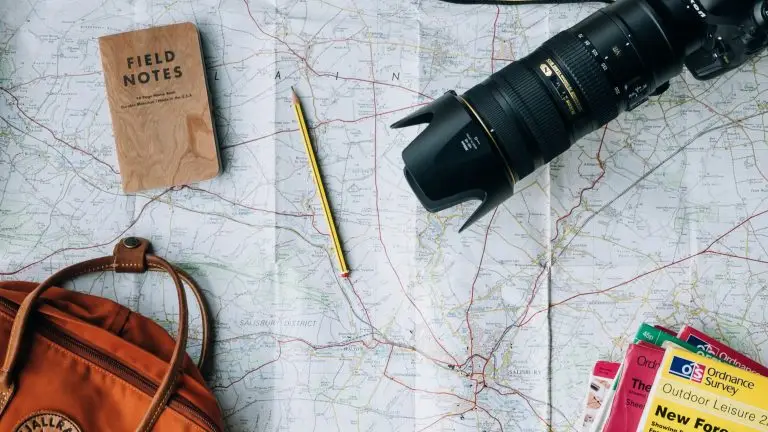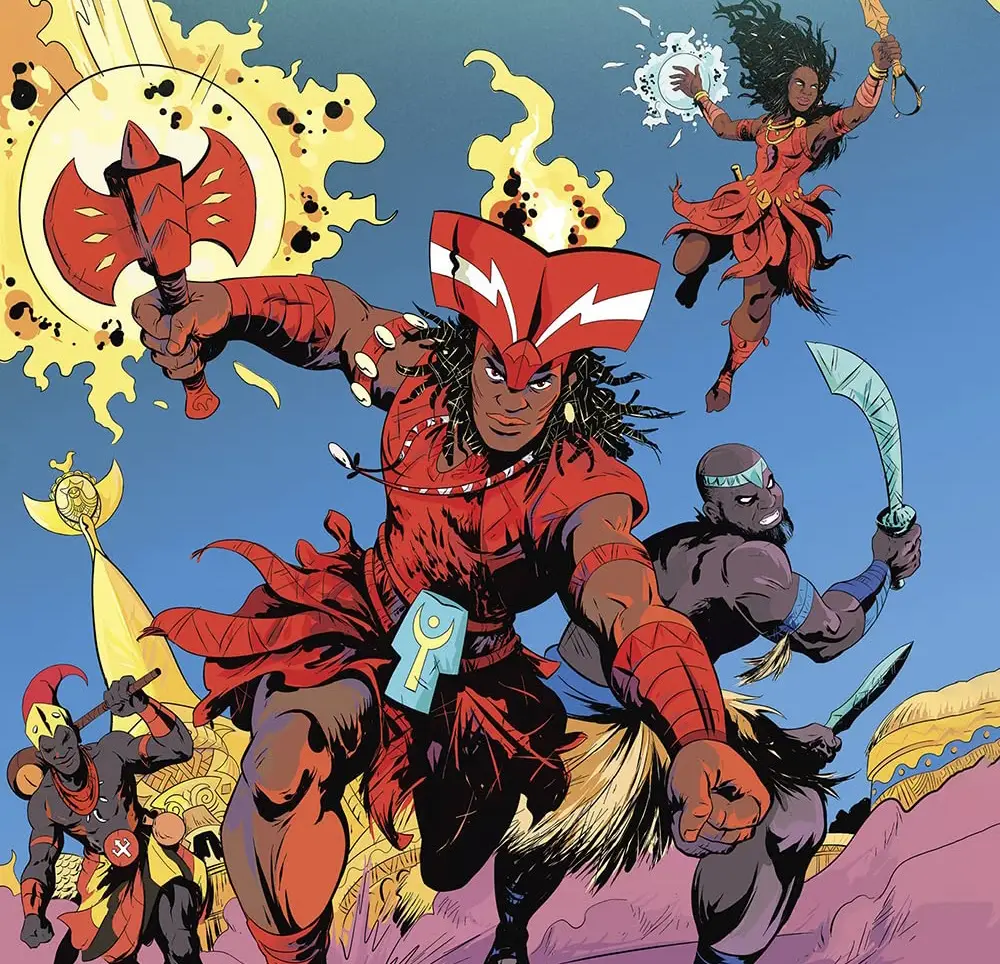
Turning Gods Into Superheroes | Tales Of The Orishas & Hugo Canuto
Last year, I visited Bahia, one of the most magical places I’ve ever been. Its capital, Salvador, is known as the blackest city outside of
According to his Instagram, Daniel Ziv is a documentary filmmaker, non-fiction author, avid traveler, amateur cook, husband & dog dad.
He’s one of the nicest and humblest people I know, which is probably why his Instagram doesn’t mention he’s also a Yale Fellow, has 80k+ Twitter followers, and won 12 awards for his documentary Jalanan.
Ziv and I chatted online after he liked my post about learning Spanish on Twitter. I only later realized that I had already read a wonderful article called Understanding Indonesia he wrote for Derek Sivers.
I had a lot of questions for Ziv, but the main focus of our conversation was his award-winning documentary Jalanan—a film about three street musicians in Jakarta, Indonesia.
Before we dive into this fantastic documentary, let’s start with a little introduction.
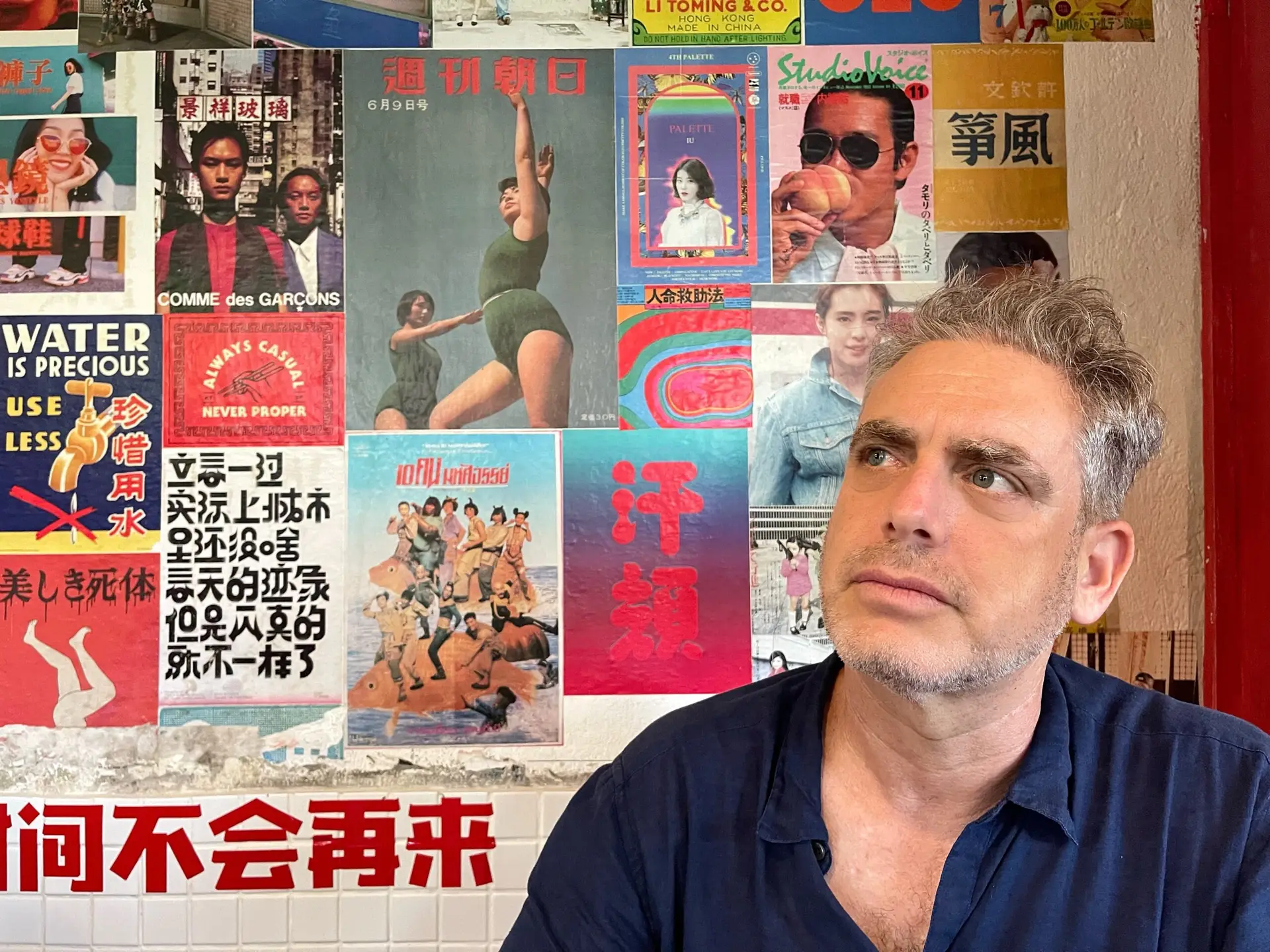
Daniel Ziv is originally from Canada and grew up partially in Israel, which is why he’s bilingual in Hebrew and English.
Before university, Ziv spent a year backpacking in Asia. He visited Thailand, India, Nepal, Malaysia, Vietnam, and Cambodia but fell in love with Indonesia above all.
He loved everything about the country: the people, the food, the landscapes, and the music, even the local politics and economics. And as Bahasa Indonesia is one of the more accessible Asian languages, he found learning to speak it to be especially rewarding.
Ziv returned to Indonesia a few more times, but for fear of falling into the ‘lost soul’ category of wanderers, felt he needed a better excuse to keep going back.
He decided to pursue a Master’s Degree in Southeast Asian Studies at London’s School of Oriental and African Studies (Soas) and focused on Indonesia, including learning Bahasa Indonesia more formally.
He enjoyed the MA studies, but was unsure what to do next. So like so many students without a concrete plan, he continued on to a PhD program.
PhD field research was just the excuse he needed to move to Indonesia. And the timing was fortuitous: In a shocking political development, Indonesia’s dictator of 32 years, President Suharto, had just dramatically stepped down, ushering in a hopeful new period of ‘reformasi’ for the country.
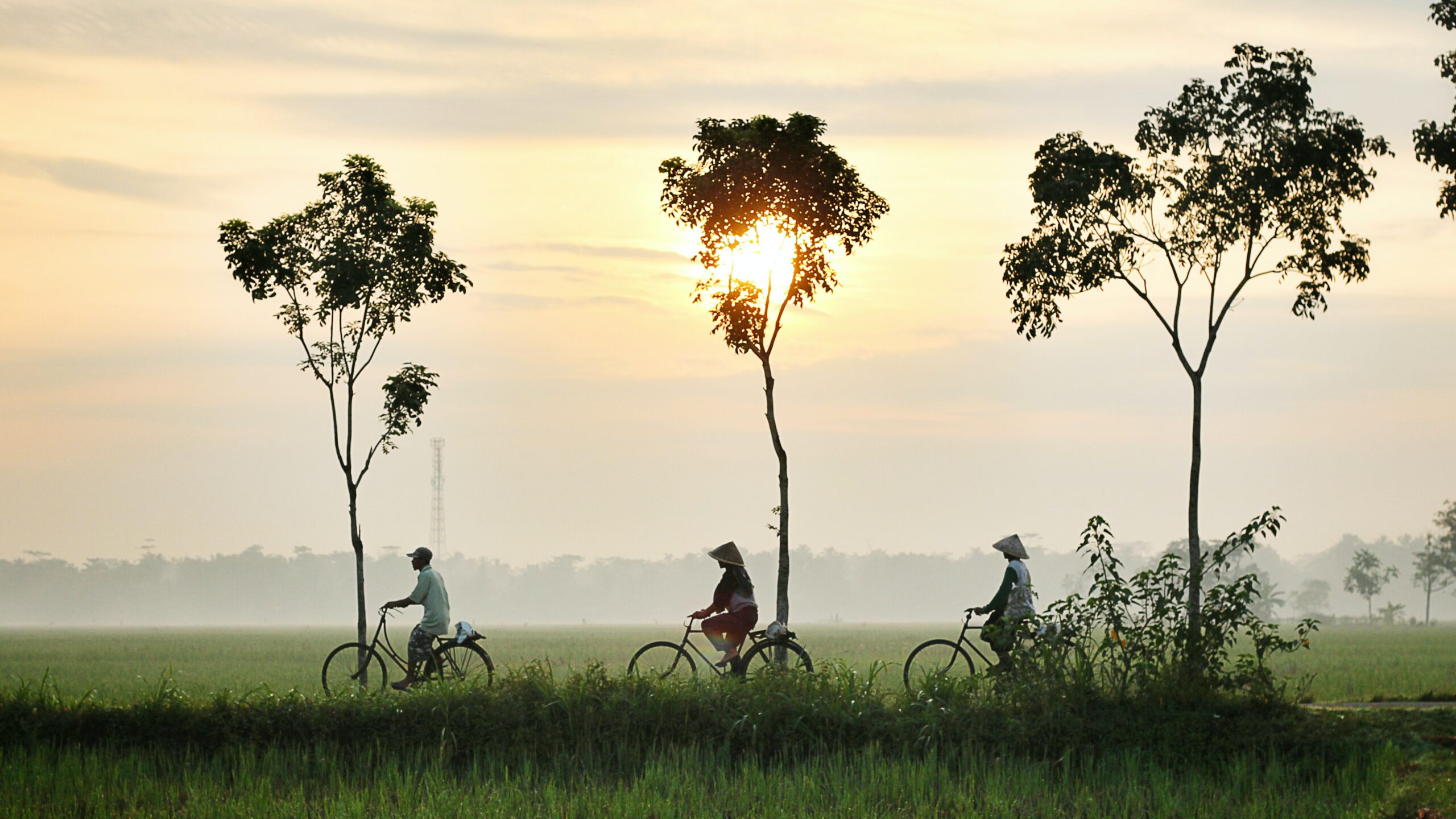
In the 1600s, the Dutch colonized Indonesia, a country rich in raw materials. During this time, a chartered company called the Dutch East India Company – which founded the first modern stock exchange – got a regional monopoly on trade.
After the Second World War, in 1945, Indonesia declared independence, but the Dutch did not want to let go of their former colony. The main reason: lucrative profits from exporting products like spices, rubber, coffee, and oil.
A four-year independence war called the Revolusi, followed until Indonesia officially became independent in 1949, with Sukarno as its first president.
In 1965, an Indonesian political crisis ensued, and a high-ranking military General, Suharto, stripped Sukarno of his presidential duties and seized power. This crisis also unleashed a genocide against suspected ‘communists’ – often Indonesians of Chinese descent. An estimated 500,000 to 1 million Indonesians were murdered, mostly by military forces and their collaborators, in a period of just a few months.
Suharto then led the country for over 30 years in authoritarian style, controlling the media without tolerating political opposition. But this was also an era of intense national development and relentless promotion of Bahasa Indonesia as a national lingua that connected and gave a sense of nationhood to the young archipelago nation’s hundreds of ethnic groups across countless islands.
In 1998, amid economic turmoil and disgust with government corruption, widespread protests forced Suharto to resign.
This next chapter in Indonesian history, known as Reformasi, saw a dramatic transition from authoritarianism to democracy. Suddenly, Indonesia was a nation with almost complete freedom, a cultural opening up, significant legislative reforms, and real efforts to crack down on its notoriously widespread corruption. This period also included significant political and economic changes, leading to Indonesia becoming the 4th biggest nation (by population) and 3rd largest democracy in the world.

Ziv arrived in Indonesia during this fascinating period of political and social change and a shifting cultural landscape.
Indonesians were working on building a new future, but many of its media organizations, including magazines, struggled to fully embrace freedom of press and kept self-censoring their work.
The combination of unnecessary self-censorship and Jakarta not having its own city listings magazine (like Time Out) despite its 10 million inhabitants struck Ziv as interesting, and he saw it as an opportunity.
Maybe it was his youthful ignorance, but he decided to start the city magazine himself.
Ziv’s approach differed entirely from that of established magazines. He saw the new era’s press freedom as an important challenge. He decided to hire primarily young, inexperienced cultural activists as his journalists instead of reporters ‘tainted’ by old, uncritical media practices. It turned out well, and one of the hires became the Rolling Stone head editor years later.
Aside from the hiring strategy, the way Djakarta! structured its content was also novel. Half of the magazine was in Indonesian, and half of it in English, but the two halves had different content. This nudged Indonesian and foreign readers to grow comfortable in a different language while giving everyone original insights on Jakarta.
Djakarta! broke taboos. It was the first magazine in Indonesia featuring an openly LGBTQ listings section and ran a special issue on Chinese culture – a topic that was banned during the previous three decades.
Djakarta! was a hit and turned into the largest indie magazine in the country with 100k readers. It was sold on every street corner, played a role in the city’s cultural revolution at the time, and operated for over a decade – well after Ziv moved on to other projects.
This brings us to Ziv’s next big thing – his widely acclaimed documentary Jalanan.
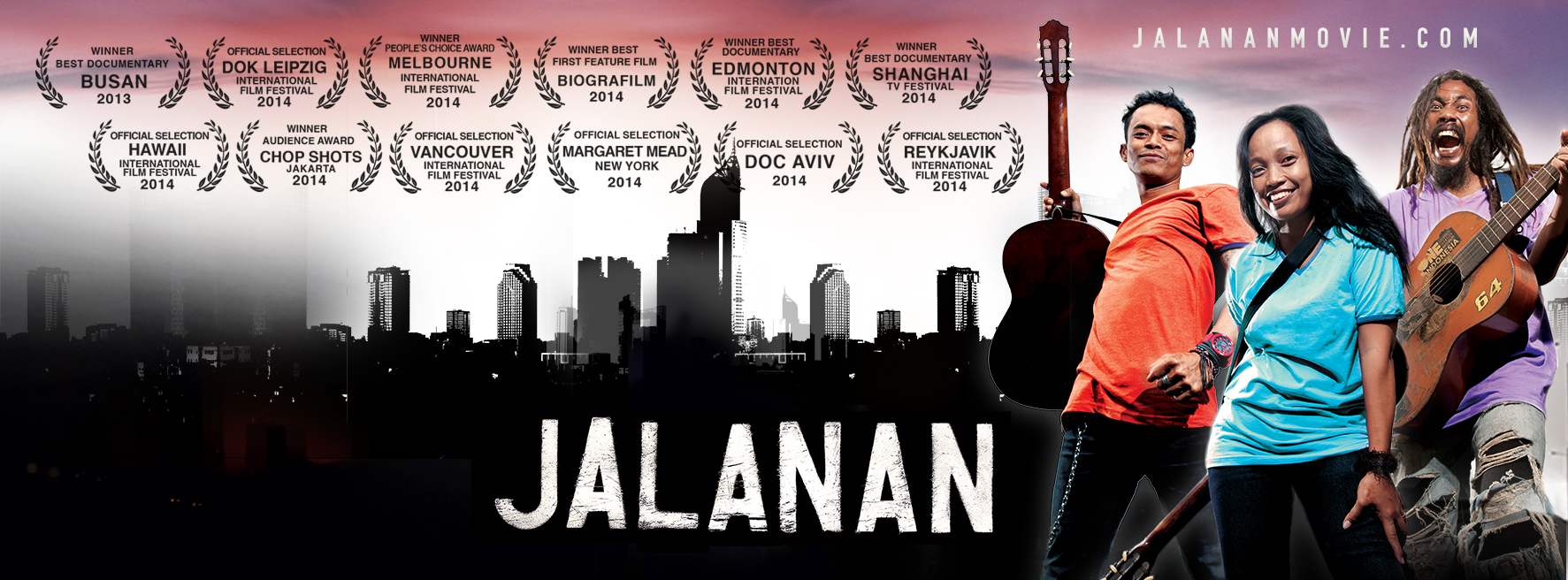
Through his work for the magazine and his book Jakarta Inside Out, Daniel Ziv had learned a lot about Jakarta.
He loved giving occasional ‘sweat tours’ of Jakarta. He took pride in showing visitors the chaotic underbelly of the city – areas they’d never otherwise see, like bustling wet markets, seedy traditional ‘dangdut’ bars, squatter encampments hidden beneath huge highway underpasses, and a ride on the city’s colorful, smog-spewing economy buses – which is where he first encountered Jakarta’s famous buskers.
‘Buskers’ in most of the world are musicians who perform in metro stations, busy street corners, or small festivals.
In Jakarta though, they operate very differently, hopping on and off crowded commuter buses, singing songs and playing guitar to passengers as the vehicle navigates chaotic city roads. But despite being visible on buses, they’re largely invisible to society. Many fall through the cracks of society, living in poverty on the streets without even a national ID card to their name. They were often pitied.
But the buskers he knew were fun, funny, wise, and hugely talented. He wanted to help tell their story. Ziv wanted to understand their world and perhaps give them a public voice.
But how to convey the audio-visual cacophony of their world – the hydraulic hiss of bus doors closing, the frantic passenger chatter, the busker’s cheeky – songs – in a written piece?
This is where the idea started for a short film, which later transformed into a feature-length documentary.
Allow me to tell you Jalanan’s story in 8 short parts.
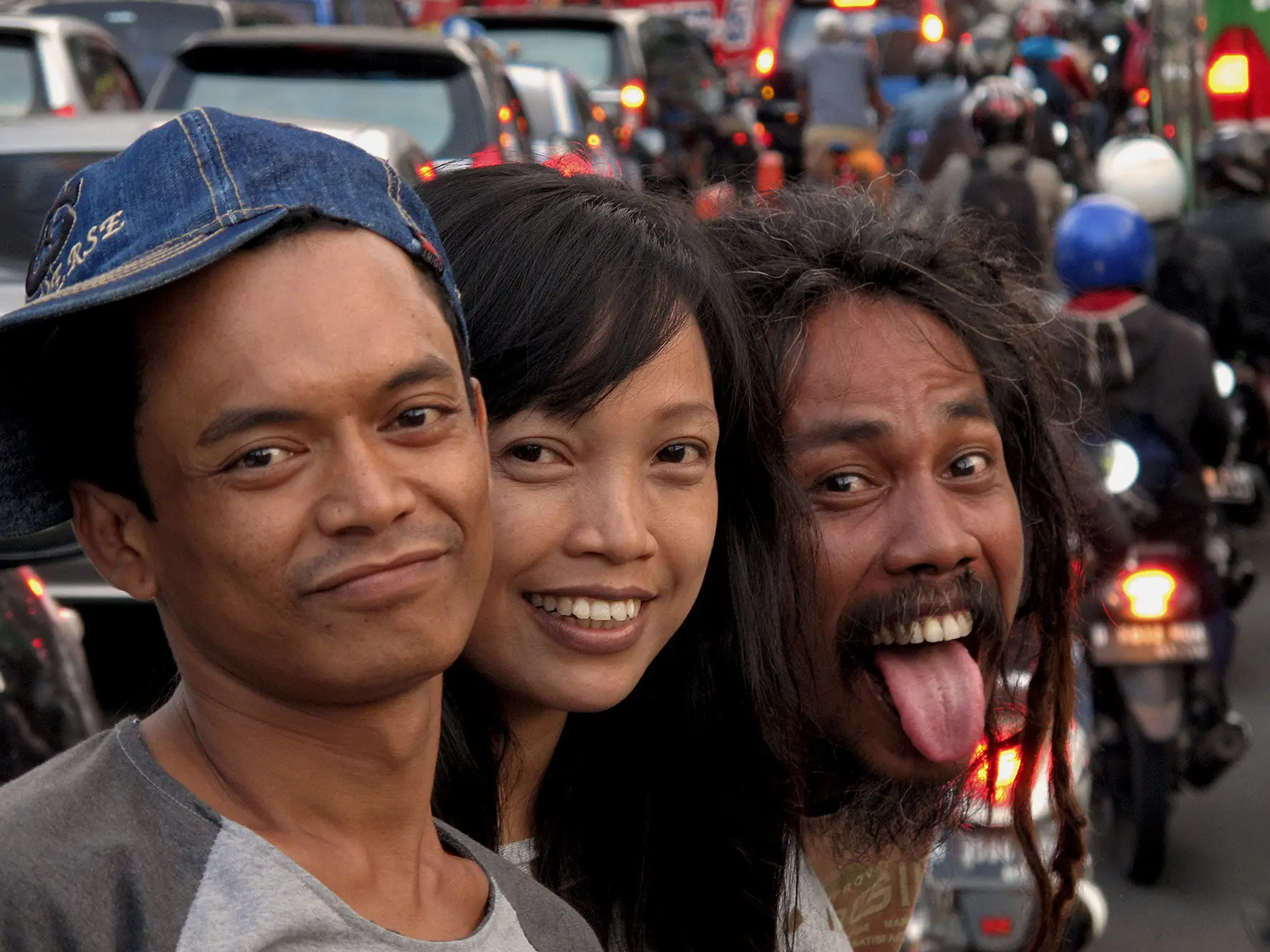
The biggest challenge in starting the documentary wasn’t finding the right characters, or even shooting the film, it was convincing the buskers that their story was worth telling.
The buskers, like many Indonesians, grow up on a TV diet of soap operas focused on society’s upper classes. Because the buskers’ reality is so different, they believed their lives were meaningless and uninteresting.
That’s why, when Ziv first started filming, they were clearly ‘acting’ for the camera. Ziv had to bore the buskers by filming them for hours until they were too tired to act.
That’s when the real beauty appeared.
What started as an idea for a 15-minute movie with a home camera soon turned into a 7-year, feature-length project with 300 hours worth of film.
As soon as Ziv realized he was onto something bigger, he took a step back and began thinking strategically.
He had zero experience filming but knew many people in Indonesia’s media scene.
Luckily, his friends were able to help out. They signed Ziv up for a documentary screenwriting course at the Jakarta International Film Festival and a 2-week crash course in documentary shooting at the University of Indonesia.
He learned fundamental techniques but also how to find his own style.
It was very important to him that the movie be about the buskers and not about himself. That’s why he filmed for hours on-end until the buskers barely noticed him. And he shot the film himself, mostly in a squatting position, at eye level with the buskers. “I don’t understand why so many documentaries about marginalized people use a downward angle,” Ziv says. The result inevitably feels condescending instead of empowering.”
The project started to take shape but took seven years to finish. Jalanan became the PhD Ziv never completed.
Although Ziv had learned a lot, one crucial element was missing.

For Ziv, the shooting felt natural. Despite the challenges and discomforts of Jakarta’s chaotic streets, he felt at home being fully immersed in the busker world, and it felt meaningful.
The painful part came later, in the editing room.
Experienced filmmakers often have a vision of how the end product might look,how the unscripted reality unfolding in front of the lens will add up to an eventual scene in the movie.
Ziv, on the other hand, was just ‘vacuuming’ -shooting everything that transpired without thinking much about how eventual scenes would emerge.
The problem became painfully clear when it was time to edit his 300+ hours of footage.
I asked Ziv if he could have shot the movie quicker had he been more experienced.
He admitted he could have, but it probably would’ve still taken him at least 3 years because so much of the story traced long-arc changes in the buskers’ lives.
Ziv struggled for a year with 3 different editors before finding someone up to the task. It was Ernest Hariyanto – a wise, soft-spoken, and sensitive Indonesian editor. But don’t mistake kindness for weakness: Ernest knew it would take tough love to finish the documentary.
They worked together patiently, finding ways to connect ideas and moments and scenes, while also removing entire scenes that took Ziv weeks or even months to shoot.
After many more months in the editing room, including 12 rough cuts and 9 test screenings Jalanan was born.
So what next?
To the question, “Can we get it to the cinemas?” most people would probably say, “Of course, why not?”
But in Indonesia, cinemas did not play documentaries.
Daniel Ziv wanted to change this. To him, an engaging story is an engaging story, whether fiction or real-life. He had worked hard to make his documentary genuinely fun to watch – infused with music, drama and humor.
And while the subjects of his documentary may be financially poor, they’re also full of joy. Why shouldn’t the movie be fun?
He just had to convince the cinemas.
After months of relentless lobbying, the cinemas agreed to an experiment: they’d place Jalanan on just 4 screens for a single weekend. If tickets sold, they’d talk again.
Jalanan had already made history. It became the first documentary in Indonesia to screen in commercial cinemas.
But Ziv felt it could be more than that.
He raised a budget for marketing, put up posters across the city, and bought a ton of targeted Facebook ads.
As a result, Jalanan sold out for the entire weekend.
Ziv and the cinema chain then had another conversation, and Jalanan was rolled out across 5 cities for an entire month – unusual in a country where even Hollywood blockbusters play for just two weeks.
This breakthrough led to increased media attention, and the three protagonists, Boney, Ho and Titi became overnight celebrities.
How do you assess a movie’s success? Awards? Ticket sales? Jalanan’s true mission was different.
When Ziv started filming, he wanted to show Boni, Ho, and Titi that their lives – even in society’s margins – mattered and were a story worth telling.
Seeing themselves on huge cinema screens, literally larger than life, the buskers not only realized their story was worthy, but they suddenly appeared as rock stars, even superheroes.
Mallgoers – typically the wealthier people in Indonesia – were actually paying to watch a story about life in the margins.
But it wasn’t just moviegoers who noticed the film. One day, Ziv received a phone call from a very unlikely caller: it was Jakarta’s maverick Governor (mayor). He had seen the film’s trailer and was intrigued by the movie’s social and political criticism. He felt it could be a great civic awareness tool for his senior staff and offered to organize a special screening at City Hall, with the three buskers as special guests.
Suddenly, the film stood to make a real impact. Just days later, 300 senior government staff, and a few dozen journalists, assembled for the special screening. The Governor seated Boni, Ho & Titi right next to him in the front row and watched the entire film. When it ended, he called a press conference and announced four major policy changes on how his government would treat street people more humanely.
Word spread fast, and Jalanan became an international hit.
The movie screened at over 70 festivals worldwide and won 12 international awards, including the Best Documentary prize at Busan (Asia’s biggest film festival).
Since Ziv saw Boni, Ho and Titi as such a huge part of Jalanan’s success, he brought them overseas for the first time to meet international festival audiences in person. This was a challenge since they had neither passports nor even national ID cards. But after some bureaucratic hurdles, the three traveled to festivals in several countries, including Australia, Malaysia, and South Korea.
The buskers became celebrities, were surrounded by K-pop fans in Busan, and handed out many autographs. Ziv also started a crowdfunding campaign (the movie’s net income was only a few thousand dollars) and 18 months later was able to buy each of the three protagonists their own small house, complete with ownership certificates, in South Jakarta.
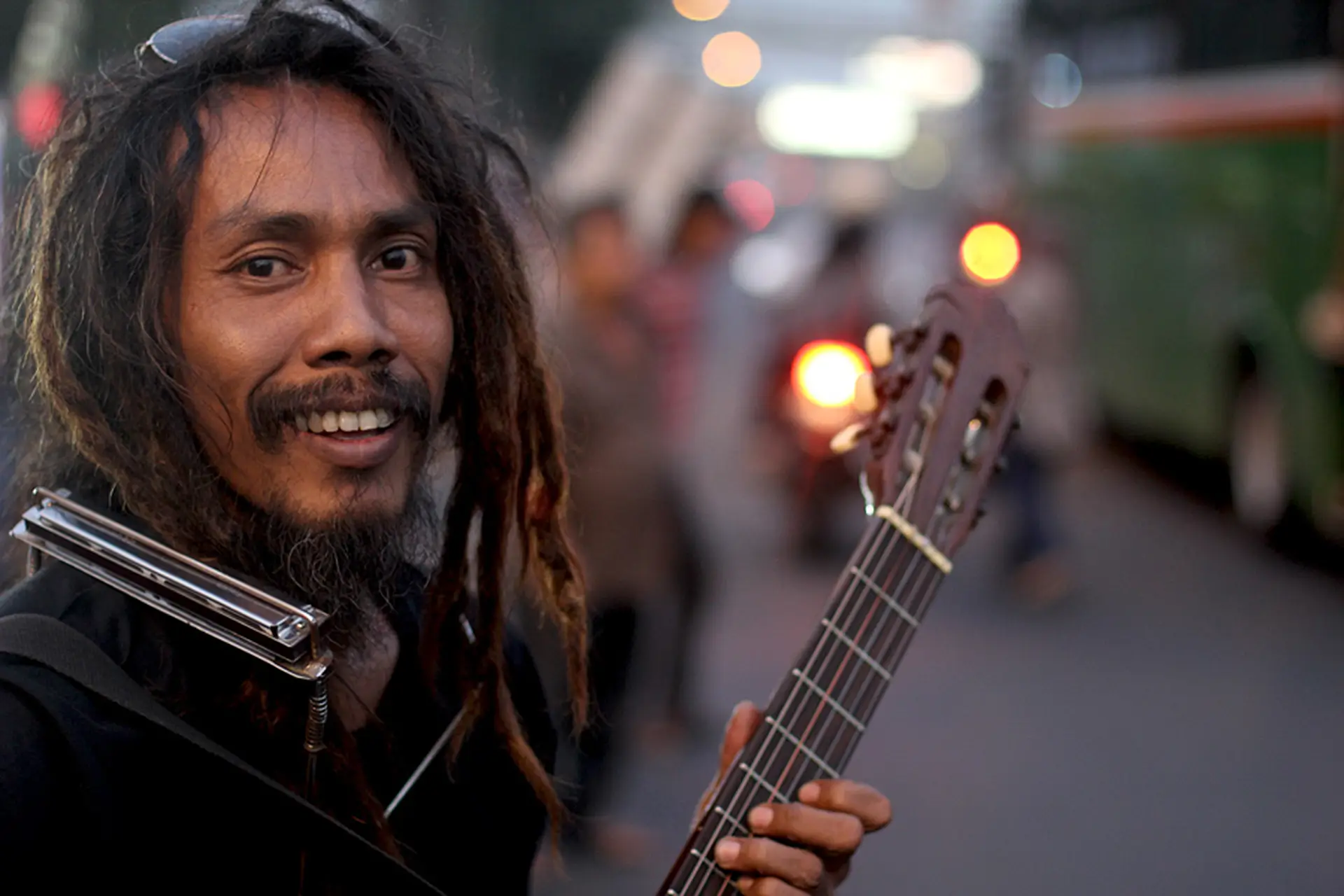
Seven years earlier, Ziv believed he had a story worth telling.
He wanted to show the buskers and the world that everyone’s life matters.
By depicting them in the realest way possible, he showed the world their wisdom, humor, and musicality until they became superheroes – for a while.
Titi, Ho, and Boni’s lives changed a lot after starring in their own real-life movie. They became famous for a while, taught the world some important lessons, and their tale sparked several political policy changes, such as making the police more humane towards their busker community.
Are you ready to learn from the famous busker trio?
You can watch Jalanan on Amazon.
Ziv has lived in Indonesia for 18 years and has been very involved in the cultural sector. He worked on a variety of interesting projects. Here are some of the most exciting:
You can follow Daniel Ziv on Instagram or join his 80k+ followers on Twitter.

If you enjoyed reading this, you may also like some of the other Cultural Reads interviews.
Some examples are:
For more movie tips, check out the movie page and my favorite movies from last year.
If you want worldwide book, movie, and music tips straight to your inbox, you can sign up for the newsletter using the form below!
Do you want global book, music, and movie recommendations straight to your inbox?
Sign up for the newsletter below!

Last year, I visited Bahia, one of the most magical places I’ve ever been. Its capital, Salvador, is known as the blackest city outside of
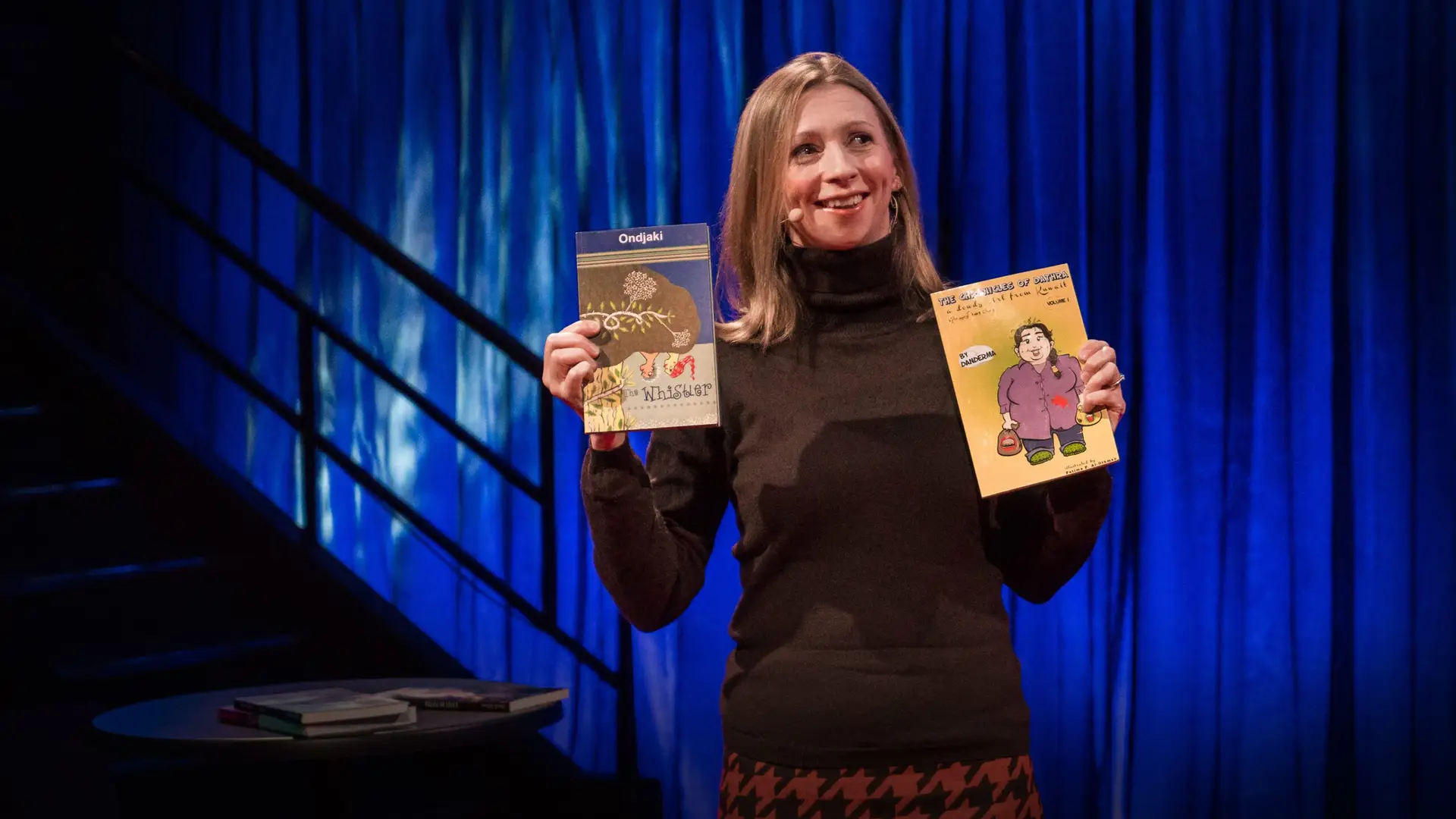
Ann Morgan is an author, speaker & editor. She has written four books and started two blogs, ayearofreadingwomen and ayearofreadingtheworld. She is also a Literary
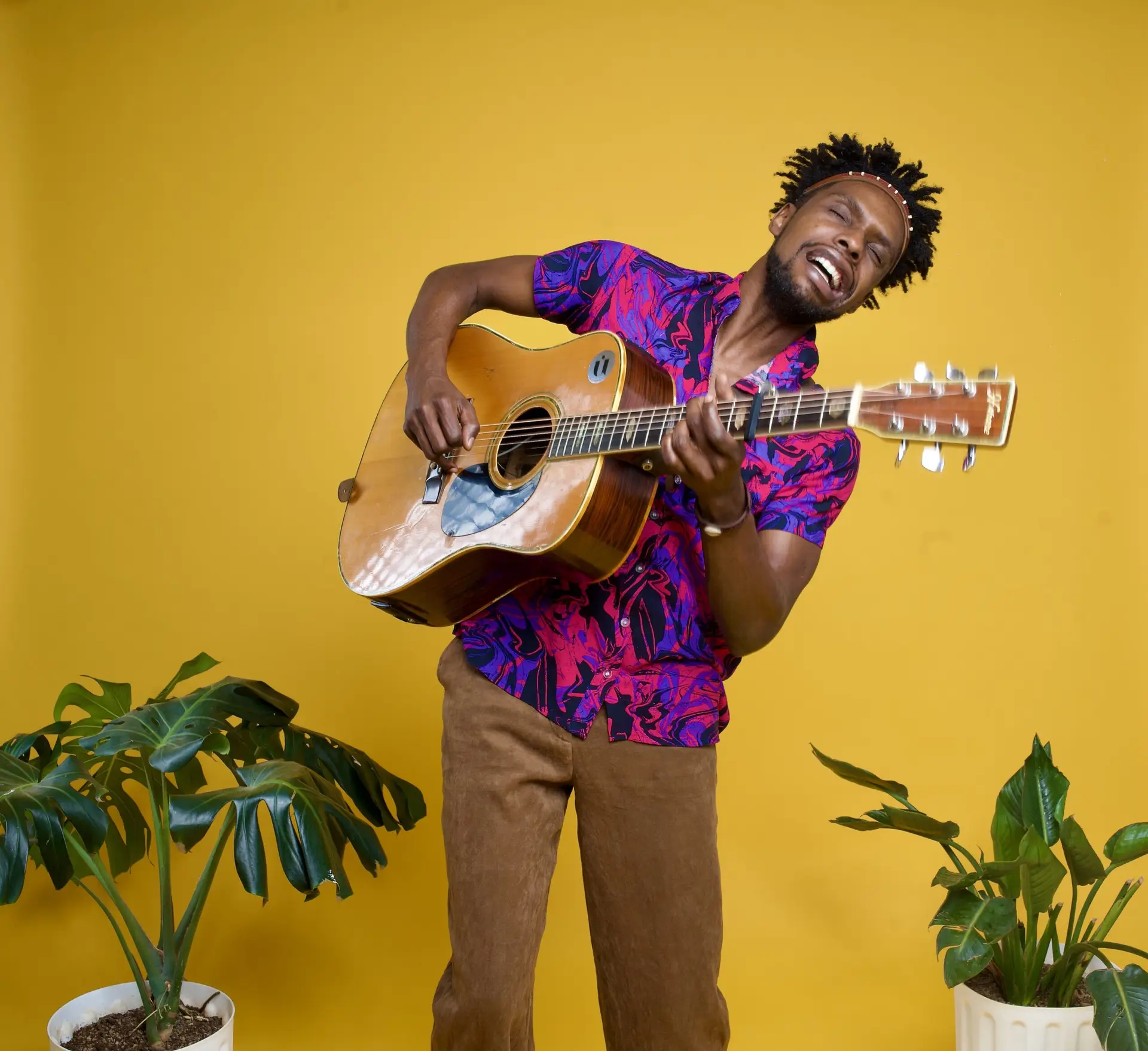
I love Kenyan music and bands like Sauti Soul, but I came across something even more interesting not too long ago. I discovered the father
